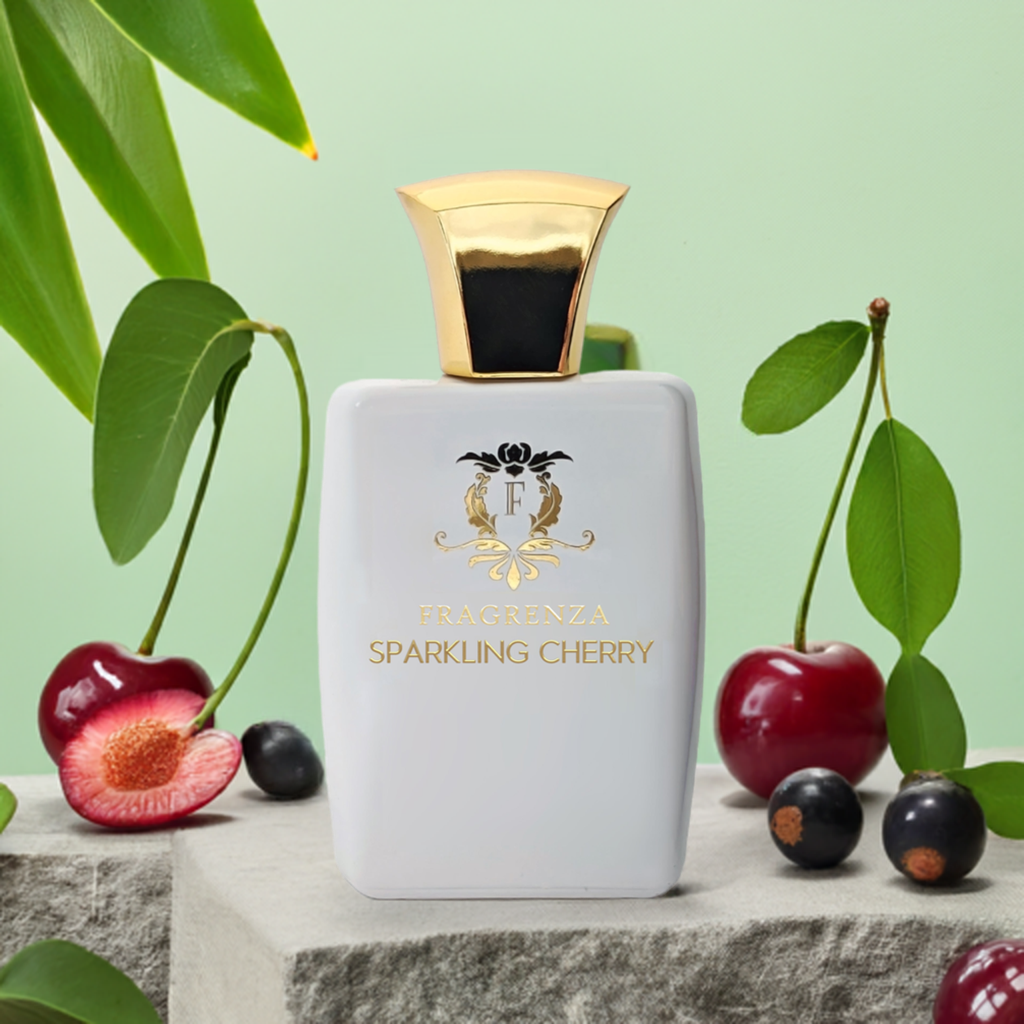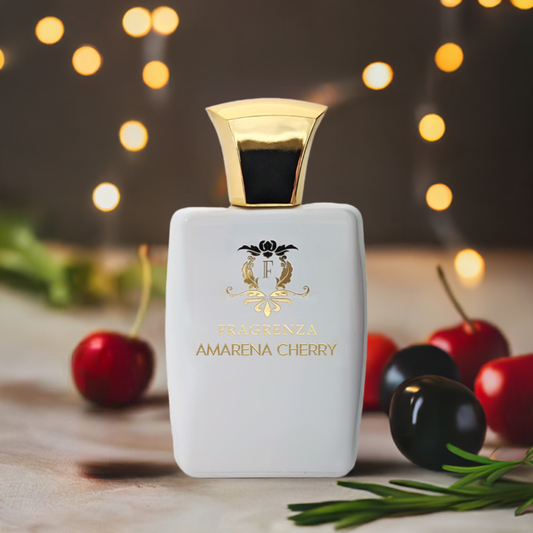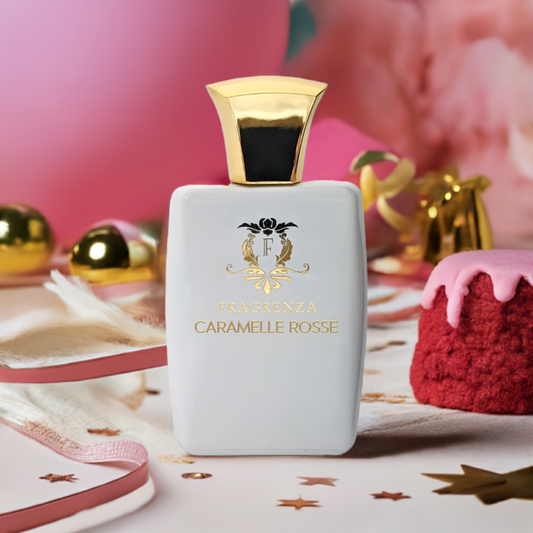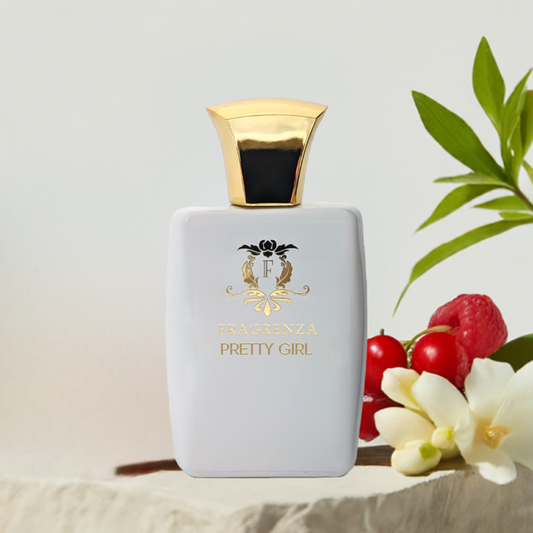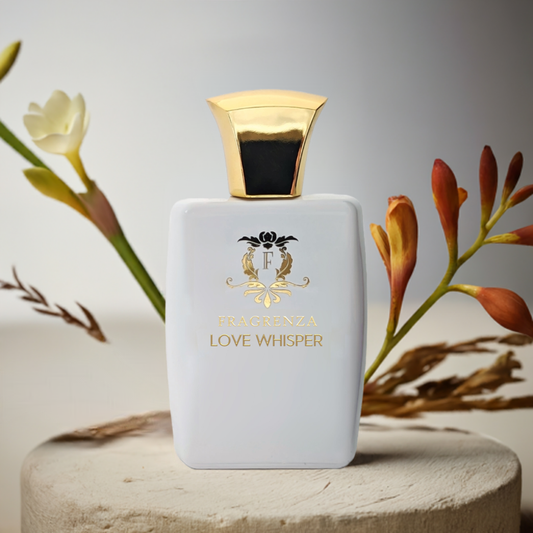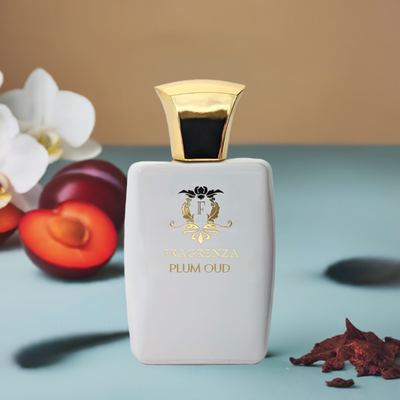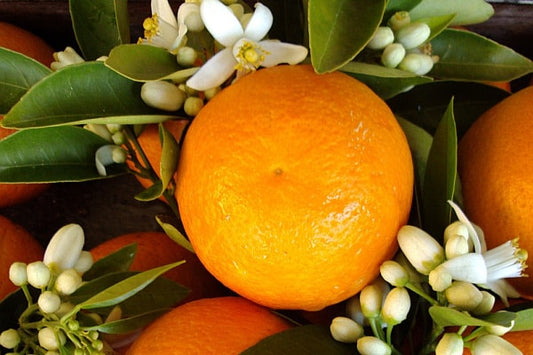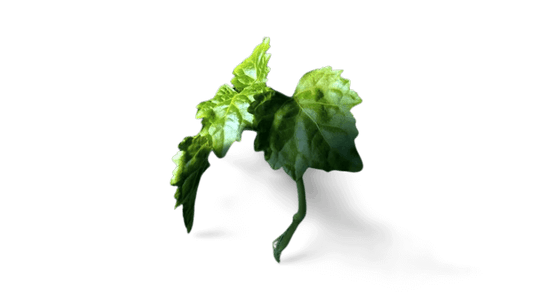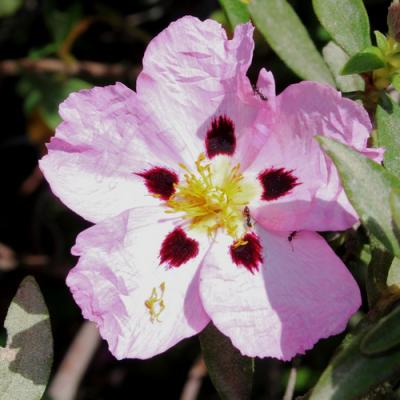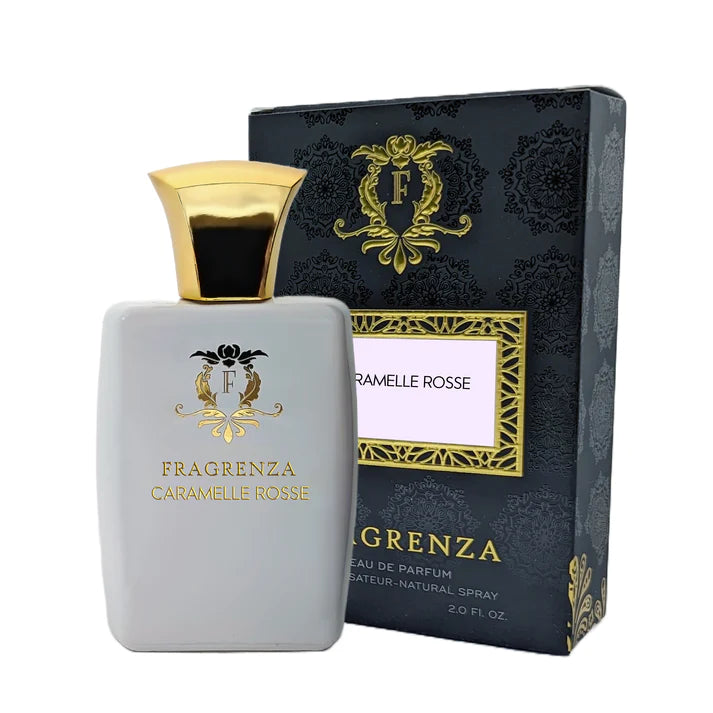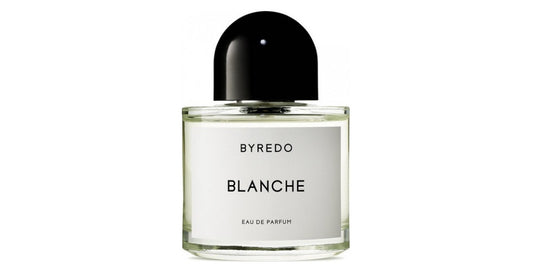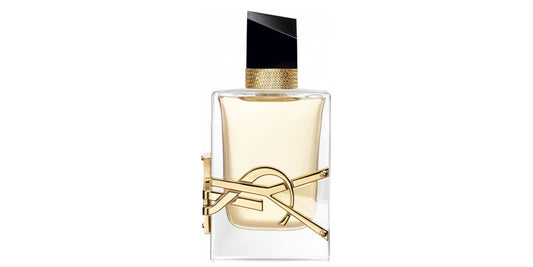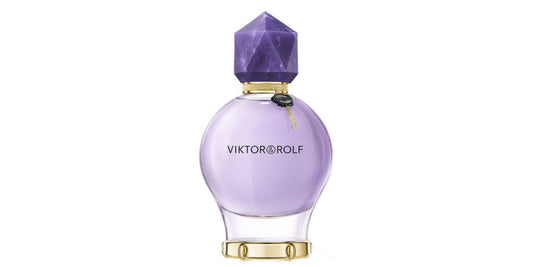What does prune smell like?
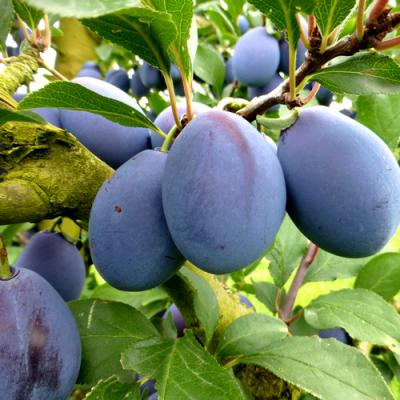
In This Article
Prune: A French Dry Fruit with a Rich History
Originating from the time of the Crusades, prunes were brought to France from the East. However, it was the monks of Clairac in Lot-et-Garonne who discovered the method of drying the Ente plum, which enabled better preservation of the fruit and its numerous medicinal properties.
Although the earliest evidence of prune cultivation in France dates back to the 15th century, the prune trade flourished from the 17th century onwards. As a non-perishable food item, prunes were invaluable to sailors and colonists who often embarked on long journeys without proper supplies. Prunes served as a crucial means of preventing scurvy for those venturing to the New World. Today, prunes are not only known for their laxative properties but are also widely used in North African and Near Eastern cuisines, as well as in numerous French specialties.
While the Agen prune benefits from a Protected Geographical Indication (PGI) guaranteeing its origin, California has emerged as the largest producer of prunes, thanks to the influence of colonists.
Offer Notes of Prunes for Travel Thanks to Our Perfumes
The prune note often inspires perfumers, who recreate the olfactory atmosphere of traditional markets or souks of Morocco and Iran, as well as the magnificent oriental dishes that artfully emphasize the aromas of dried fruits with their delicious, fruity, slightly smoky, and spicy nuances.
Prune notes are particularly prominent in the male or unisex Oriental fragrance families. "1270" by Frapin is considered one of the first fragrances featuring a prune note. Paying tribute to the Frapin family, owners of distinguished cognac vintages, "1270" incorporates dried fruits like prunes and grapes, along with orange and hazelnut top notes, to create a fragrance with smoky, powerful, and deep nuances reminiscent of the precious nectar cultivated by the Frapins for centuries.
Prune notes also appear in lighter fragrances that require delicately smoked scents. In "Epices Sultanes" by Comptoir Sud Pacifique, prune is combined with strawberries and rose, while "El Born" by Carner Barcelona's heart offers a unique blend of fig, licorice, hedione, jasmine, and prune.
Prune has also found its place in floral Oriental fragrances, where the dried fruit note features as a heart note, as seen in "Feve Délicieuse" by Christian Dior and "Une Nuit Magnétique" by The Different Company. In Dior's fragrance, prune is accompanied by flowers and cherry, while in The Different Company's creation, prune is part of a delightful blend of floral and tuberous notes.
Transcending olfactory boundaries, the prune note is also used, albeit more rarely, in floral perfumes such as "Archives 69" by Etat Libre d'Orange, where it exudes oriental and sensual scents alongside powerful flowers and base notes of sandalwood and patchouli.
